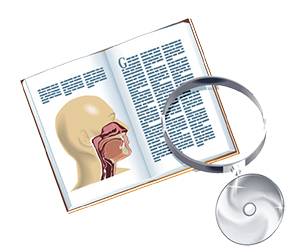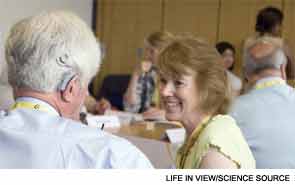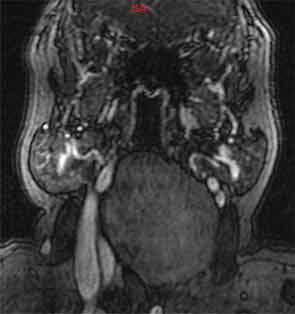PDT appears to be a safe alternative to open surgical tracheotomy, although it may increase risk of asymptomatic tracheal stenosis


PDT appears to be a safe alternative to open surgical tracheotomy, although it may increase risk of asymptomatic tracheal stenosis
How common are synechiae in chronic rhinosinusitis (CRS) patients who have endoscopic sinus surgery (ESS)?
How effective is intratympanic steroid injection (ITSI) in treating idiopathic tinnitus?
Can risk factors for bilateral hearing loss (HL) be used to predict HL among infants who do not pass the initial newborn hearing screening?
Can laryngeal allergic reactions be mitigated with inhaled corticosteroids and ß2-agonists?
What risk factors can predict 30-day unplanned readmission in hospitalized otolaryngology patients?


A 64-year-old woman presents to the ED with shortness of breath


Atresiaplasty offers best opportunity for hearing improvement in patients with a Jahrsdoerfer score of grade 6 or higher